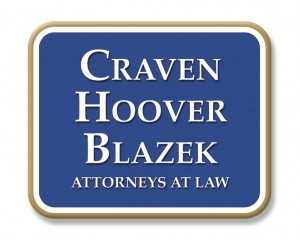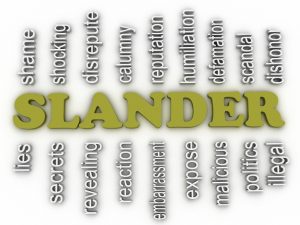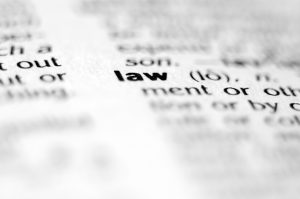
Defamation Lawyers 317-881-2700
When someone’s words, whether written or spoken, causes harm to another person’s reputation or source of revenue, it is a civil wrong referred to as defamation. This area of the law provides relief for those victimized by defamatory statements, which can be recovered with the help of a personal injury lawyer. There are infinite examples of how a person can defame another person, but all defamation of character examples will fall under one of two categories, or sometimes even both.
The categories of defamation are libel and slander. Continue reading to learn the difference between libel and slander, and what you need to prove to win a defamation of character injury lawsuit.
Libel
Libel is a term used to describe written defamatory statements. With the innovative advancements in communication and technology, there are many ways a person can commit this civil wrongdoing in today’s society. It is possible for a person to write something derogatory or defamatory about someone else in letters, email, blog posts, social media posts, chatrooms, online forums, books, magazine publications, newspapers, flyers, posters, comments to online posts, and much more. And anyone who does make libelous statements about another person can be sued for defamation of character. An example of libel would be writing a rumor-based blog post about someone, accusing them of illegal misconduct that was untrue.
Slander

Personal Injury Lawyers Indiana 317-881-2700
In contrast to libel, slander refers to spoken defamatory statements. Verbalized defamatory statements to any third party other than the verbalizer and the victim are considered slander. Because it is so easy to talk, slander can be easily committed. And if victims can prove that a person’s slanderous statements caused their reputation or source of income harm, they can recover remedies under civil law.
For instance, if a professional athlete’s ex-manager spreads false rumors of him using illegal supplements among his group of teammates and coaches, and as a result he loses certain endorsements and forced to go through an investigation in the public eye, it would be considered slanderous.
Proving Defamation
Having an opinion is not defamation. A person can “qualify” their statements by saying, “I think” or “In my opinion”, thus protecting them from accusations of defamation. For instance, if a student writes a comment on a blog post about a teacher at their school saying, “I think Mrs. Rogers is having an affair with the Vice Principle”, this would not be considered defamatory. A defamatory statement must be a statement of fact. So in this same example, the student’s statement would be defamatory if it said, “Mrs. Rogers is having an affair with the Vice Principle.” It is important to hire an experienced Indianapolis personal injury lawyer if you believe you or someone you love has been victimized by defamation of character wrongdoings. They have the knowledge, experience, and determination to recover the full and fair relief you deserve as a victim of slander or libel.
Indianapolis Personal Injury Attorneys

Personal Injury Attorneys 317-881-2700
Call Craven, Hoover, and Blazek P.C. at
317-881-2700 to file a
defamation of character claim in Indianapolis, Indiana. Our seasoned personal injury lawyers,
Daniel Craven, Ralph Hoover, and Keith Blazek stop at nothing to ensure your family finds relief after suffering damages from slander or libel. We offer free initial consultations, so there is absolutely no out-of-pocket obligation to discuss your incident and options. And we never collect attorney fees unless we prevail for you! Call 317-881-2700 to set up your free consultation, and speak with
Indianapolis
personal injury attorneys you can trust.





